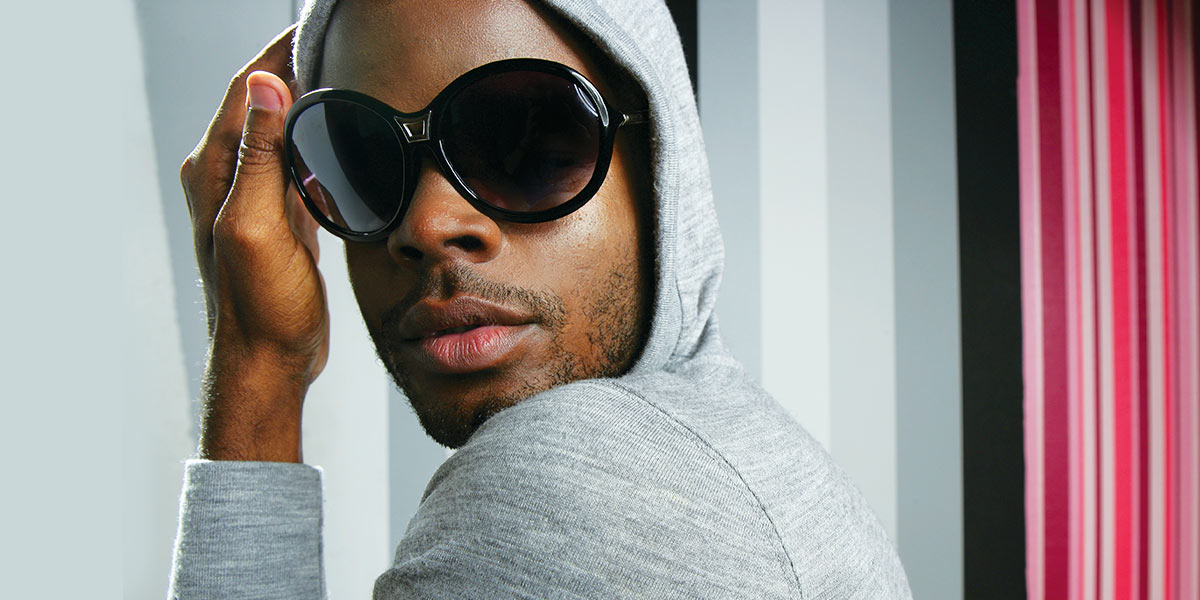What’s money got to do with it? Do we have to be gay and rich?

I was still a young gay boy when I happened on the phrase “you can’t be gay and poor.” I would go on to grow up around many, mostly straight, people who repeated this line.
Where had they heard this? I didn’t know then and I still don’t know now. What I do know is that I am not the only one who has heard it and that many have internalised this kind of thinking: “You can’t be gay and broke/you can’t be gay and poor” – or any other classist permeation of this line. But what does who I sleep and socialise with have to do with my wallet?
I will concede that this notion seemed for a while all too attractive to me, after all, class was used for many of us as a means to escape from various forms of discrimination. There is the (very debatable) belief that rich black people can buy some peace from racism while women who are empowered can avoid sexism. I suppose some of us have also believed that if we are well-off gays, we can avoid the various forms of homophobia that are visited on us.
But where is the line to be drawn? Understanding the social and political make-up of this country we live in and how that results in the economic disempowerment of those who live on the margins, is it even a realistic expectation, let alone a feasible one, that gay men, be they black, Indian, coloured or white, be wealthy? More specifically, is queer wealth among black people, even a real thing? (Because black wealth is not.)
Yet the media has continued to popularise the idea of the gay man being this chic being; glamorous, bursting with style and confidence, an achiever and very powerful. A few years ago, a former employer claimed that I was an “influential gay”. I still don’t know what gave them that idea. But are we like that in real life – all of us?
Further, if we are rich, glam, and so on, are we so because we are gay? Do our career and commercial exploits rely on us being gay or do we reach this apparent financial wealth despite our love for the same sex and gender? Do we subscribe to being exceptional – reaching career milestones that are impressive, slaying and being living examples of ‘black queer excellence’ – because we want to ensure that we are not gay and ‘mediocre’? And if it is so – who cares? Do we ask for payslips on first dates?
“The least we can do is not be trashy to one another…”
I have seen many a social media post and argument concluded with “I have more money than you, so shut up.” And that has left me shocked and horrified. In the age of social media posts that denote our class and aspirations, accusations of false flash and faux wealth – often gained through bad credit habits – have become customary.
Gay men who refuse to be seen as broke and/or poor have been accused of lying about where they work, where they live, what they drive and what they earn. Some have been accused of living the flashy life only on social media when in fact they may be in dire financial straits.
The tragedy in all of this is that these “observations” are not from a place of kindness. They are from a malicious, classist, elitist place that seeks to create a new social hierarchy; you can’t sit with us! Surely, this means that some gay men risk becoming oppressors who use their wealth weapon to wield their power. Like those cisgender straight men who oppress (because cis-hetero male privilege is a thing), some gay men are now flaunting their own form of privilege.
There is nothing wrong with wealth and financial security; I want it for myself. But I think there is a definite problem if who we are attracted to, associate with or give value to is based on this apparent affluence.
If we all subscribe to this thinking and motivation, what does that say about how we relate to those who don’t achieve this rich gay ideal? We look down on them, exclude them even further and shame them for failing to attain what we deem as success. I stand by the view that there is power in collective thinking but this is collective thinking I can’t co-sign.
Just as not all of us want to be called chomi or tsala, we don’t all want to aspire to be the seemingly obligatory stereotype of gay, rich and fabulous. And even if we do all want this, is it realistic to think it’s even possible? Not in this country and this economy. Importantly, if we find ourselves in this maze of economic disparity, that should not warrant exclusion, especially when we could do so much more to build-up, empower and embrace each other.
We already are living on the margins, believe it or not. The least we can do is not be trashy to one another. We don’t owe one another a kumbaya but I would like to believe that we can be there for one another, without making class difference the criteria on which it depends. Let’s be better people.
Yet another thought provoking piece. Thank you.
Yho!🙆🏽♂️🔥
What a heck of an article. 🔥🔥🔥
Spitting only truths! Thixo, this article…. 😯 😯
Beautiful article, articulates what I have been thinking about for the past few months. Straight people keep holding this stereotypical ideal upon us gays. I have shared this to em
Spot on. I confirm.